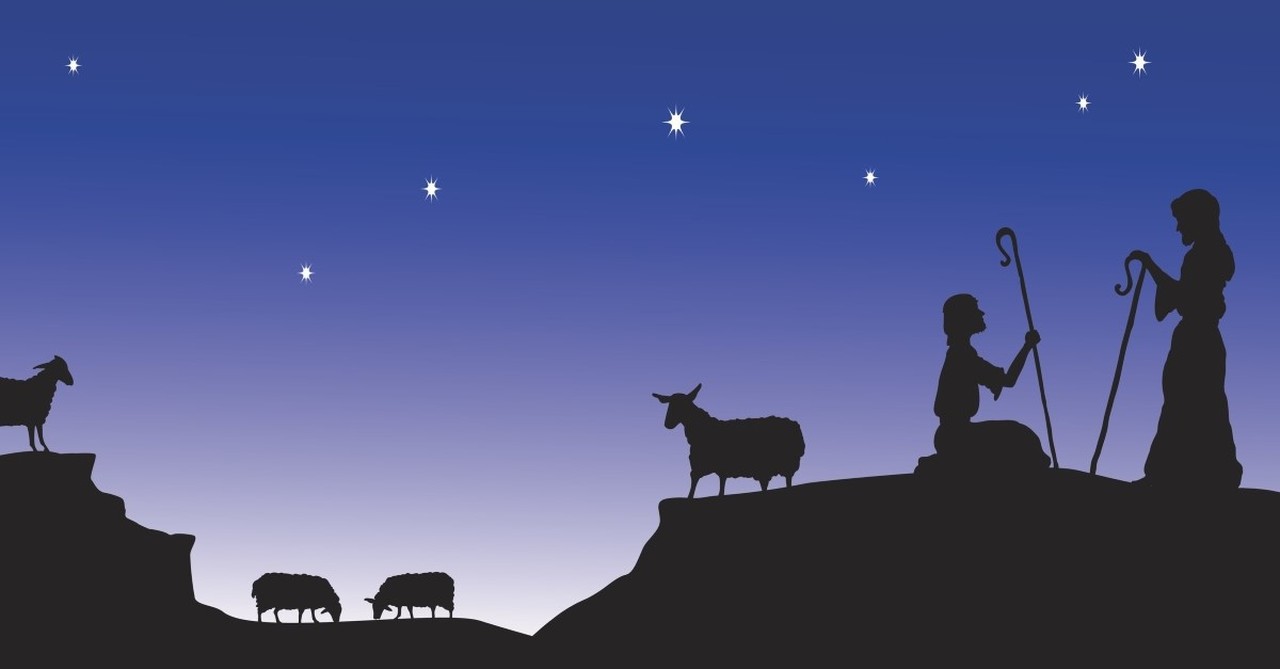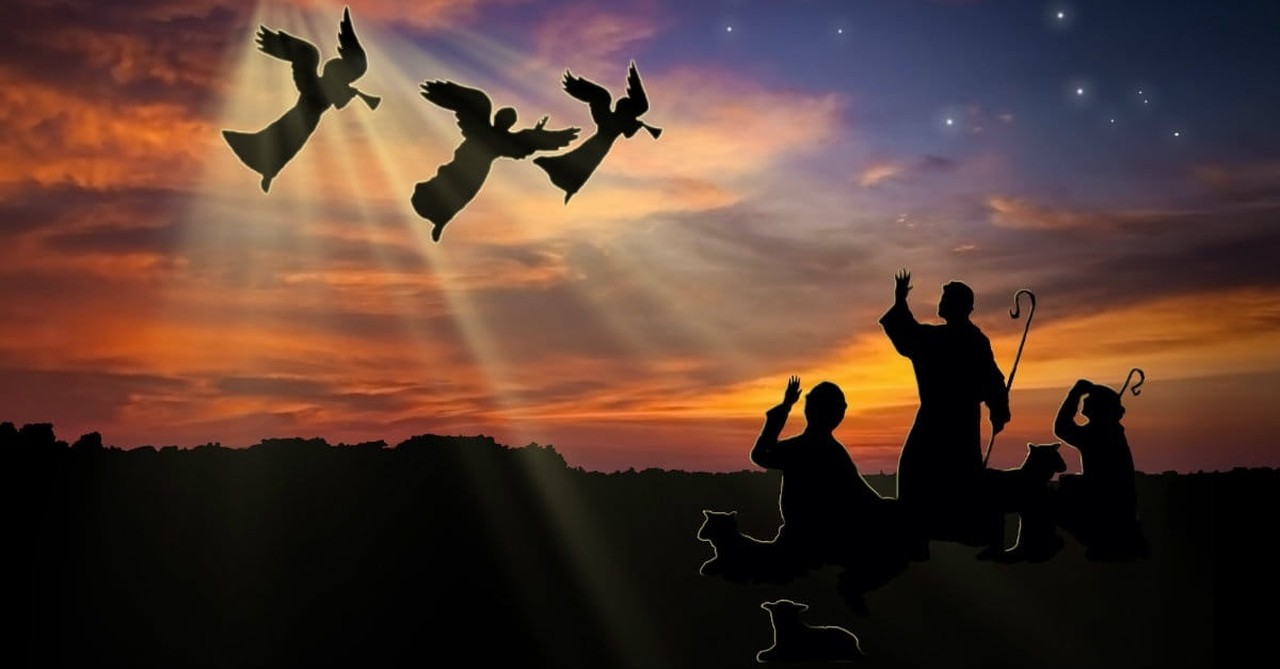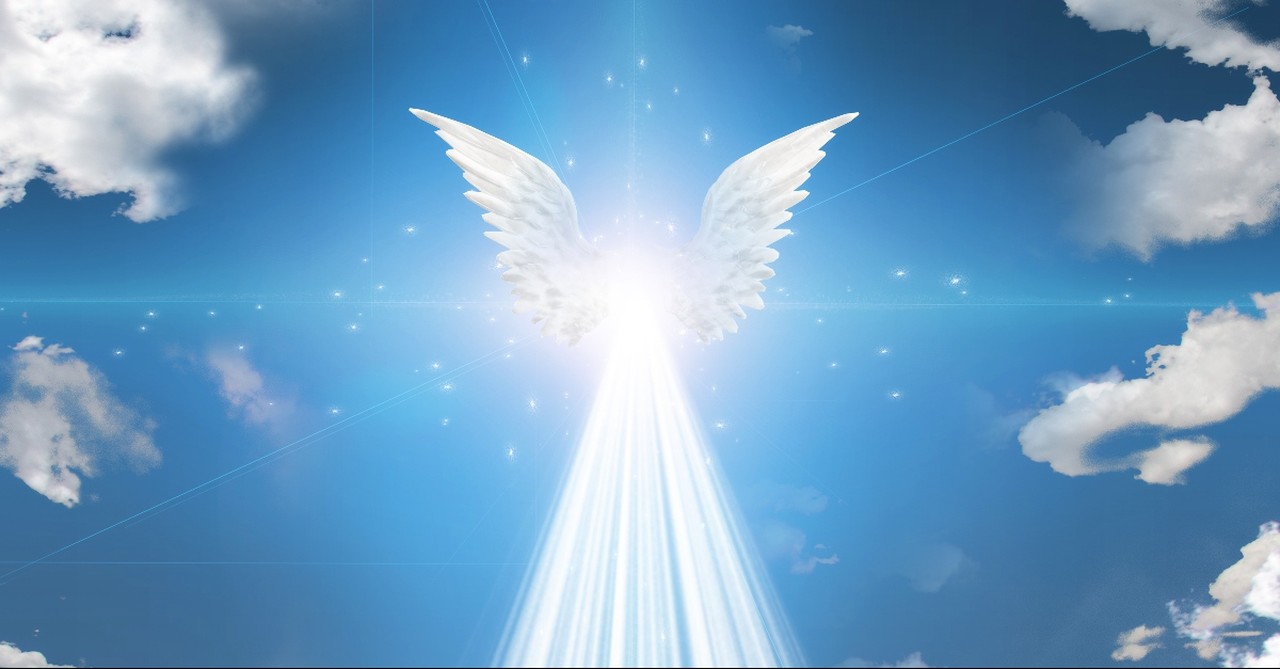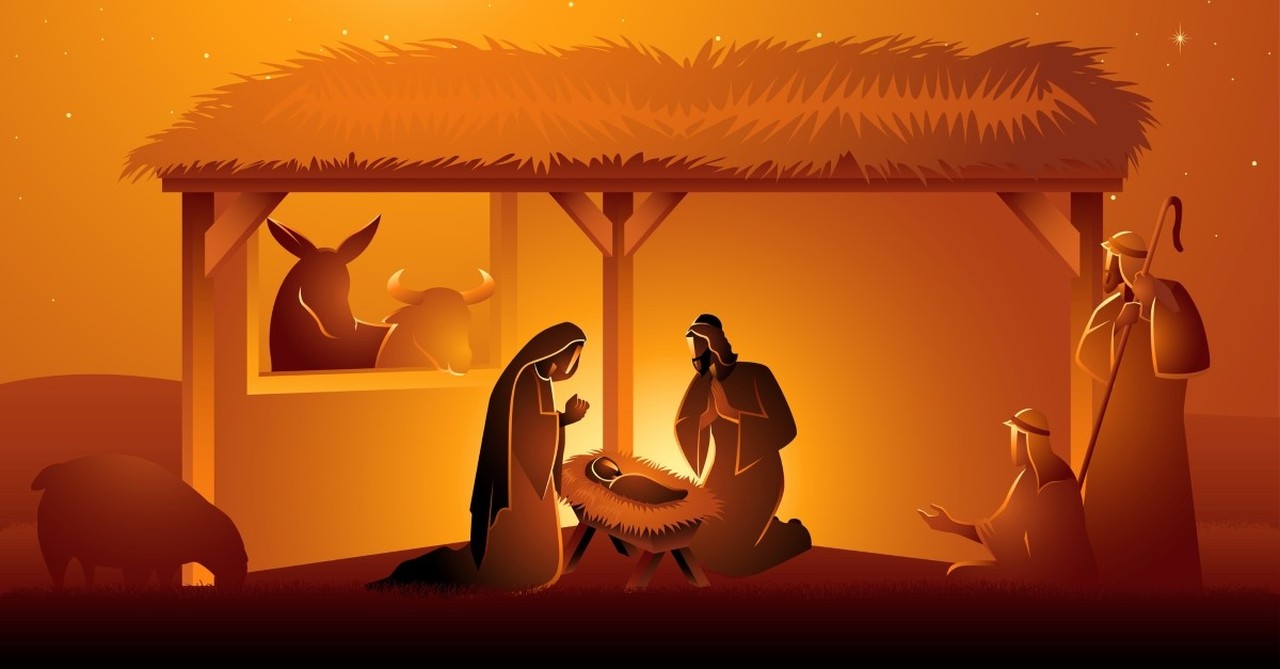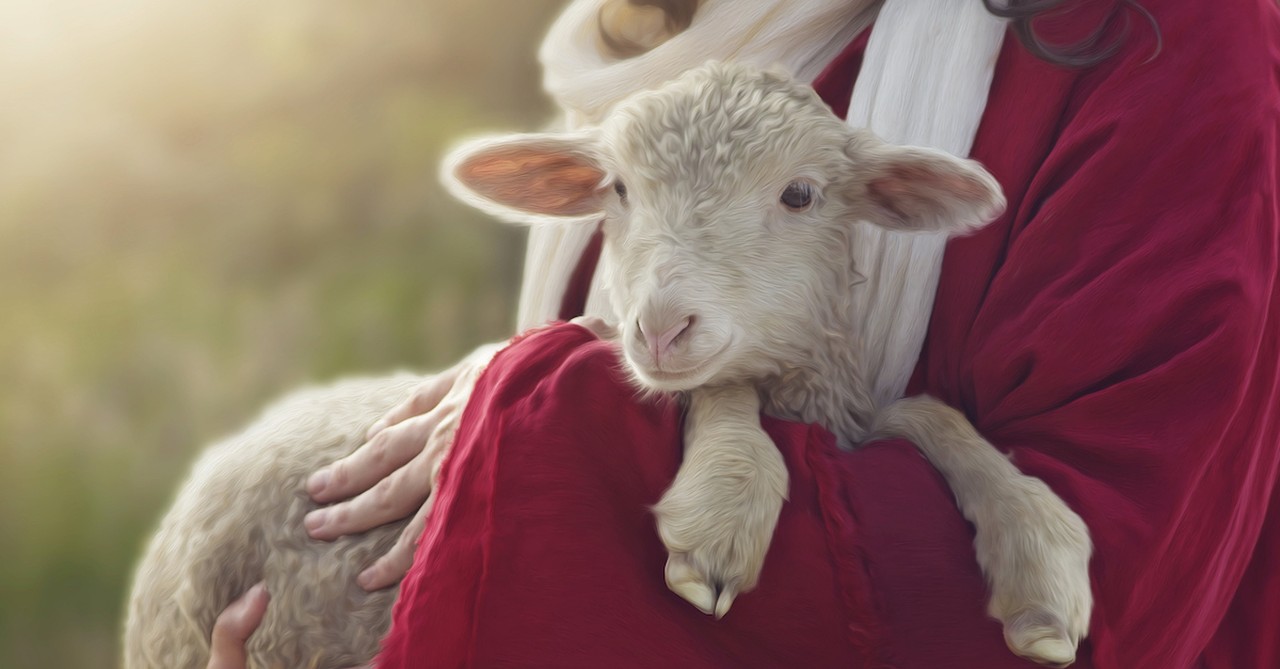Angel appearances scared others in the Bible. In Judges 6:22, after an angel disappears, Gideon realizes he is talking to the angel. So, he shouts to God that he has seen an angel of God face to face. God then tells Gideon not to fear.
In Numbers 22:23-31, when an angel appears to Balaam and his donkey, Balaam’s donkey is startled and intimidated. It sees the angel and turns from the road into a field. When the donkey sees the angel again, it walks close to a wall. When the donkey sees the angel yet again, it lies down. When Balaam sees the angel, he bows low to the ground.
In Luke 1:9–12, Zechariah is in the Temple of the Lord when an angel appears to him. When Zechariah sees the angel, he is very afraid.
In Matthew 28:4, the soldiers guarding Jesus’ tomb fear an angel appearing before them. Even though they are soldiers, they are so afraid of the angel that they tremble in fear and drop as if dead.
Angels were scary, so they often told those they visited not to be afraid so that those people would listen to what the angels came to say.
Luke 1:13 states, “But the angel said to him, ‘Zechariah, don’t be afraid. Your prayer has been heard by God. Your wife Elizabeth will give birth to a baby boy, and you will name him John.”
Matthew 28:5 says, “The angel said to the women, ‘Don’t be afraid. I know you are looking for Jesus, the one who was killed on the cross.”
Angels telling people not to fear was common, so it makes sense that the angel in Luke 2 said the same thing to the shepherds in Luke 2. The shepherds were terrified. Perhaps they thought the angels were there to kill them. But the shepherds had no reason to fear. Although frightening, the angels were not there to attack the shepherds. They were there to bring good news. So, the angel told the shepherds not to be afraid before saying that a Savior was born for them that day.
Photo Credit: ©iStock/Getty Images Plus/bestdesigns


